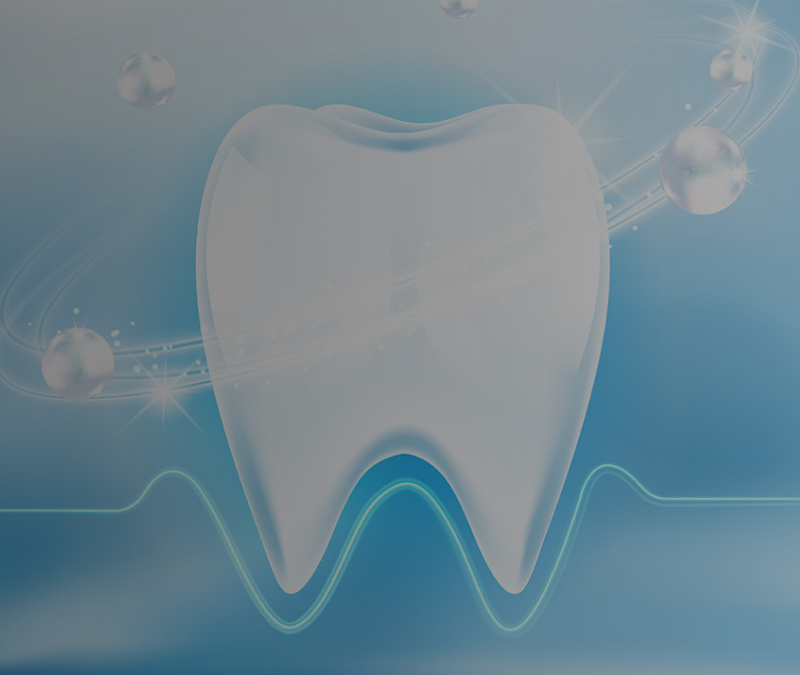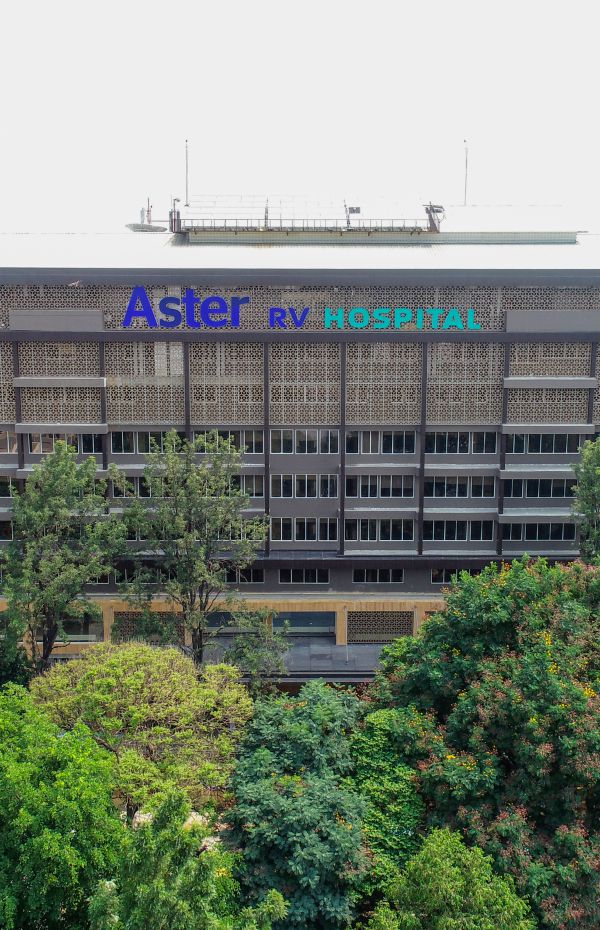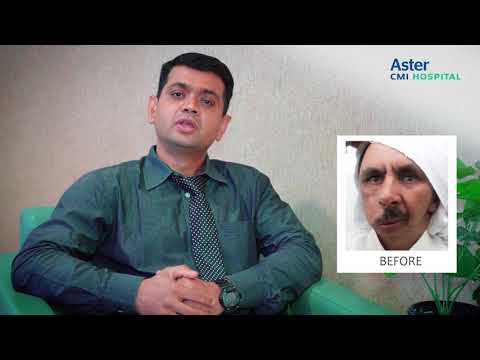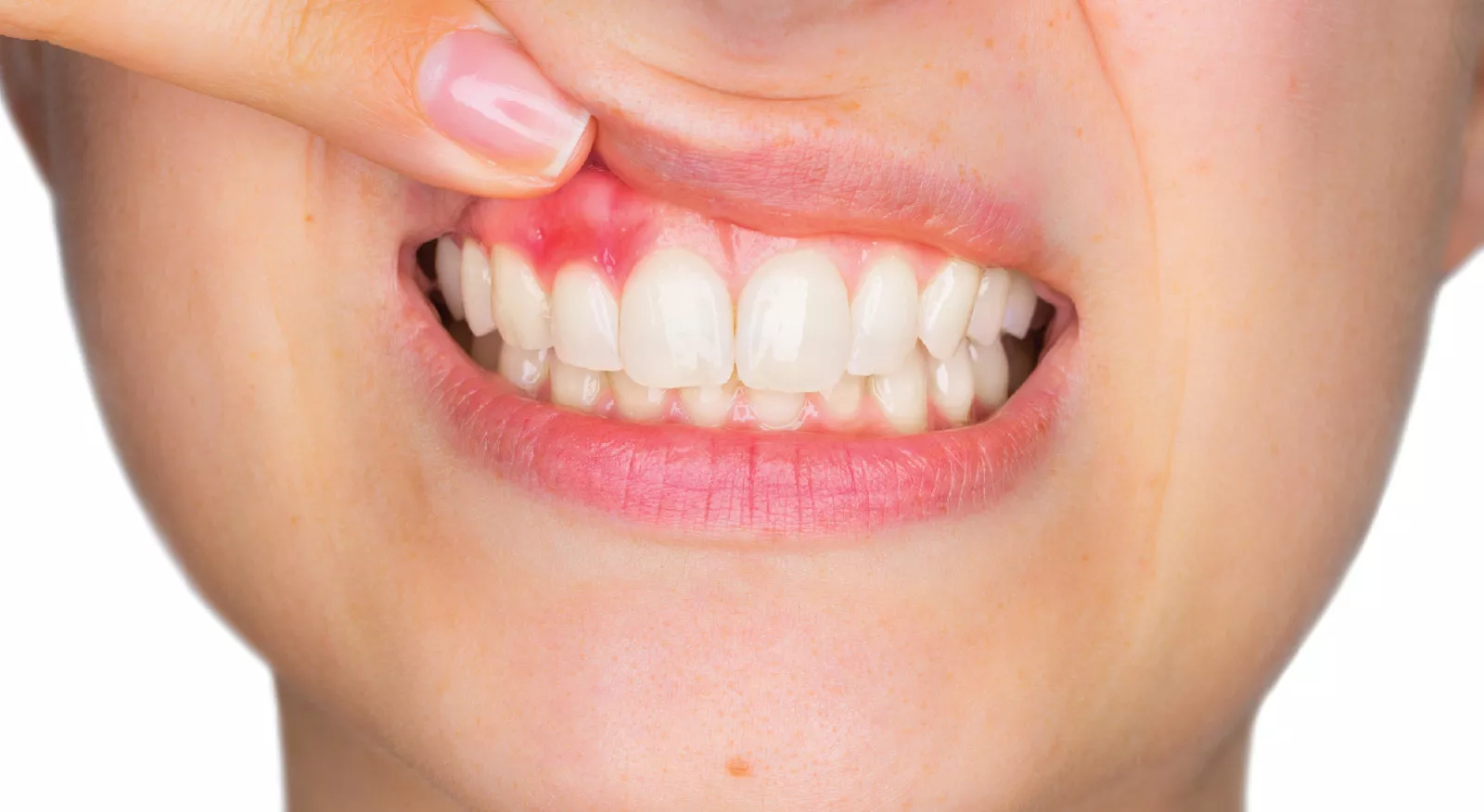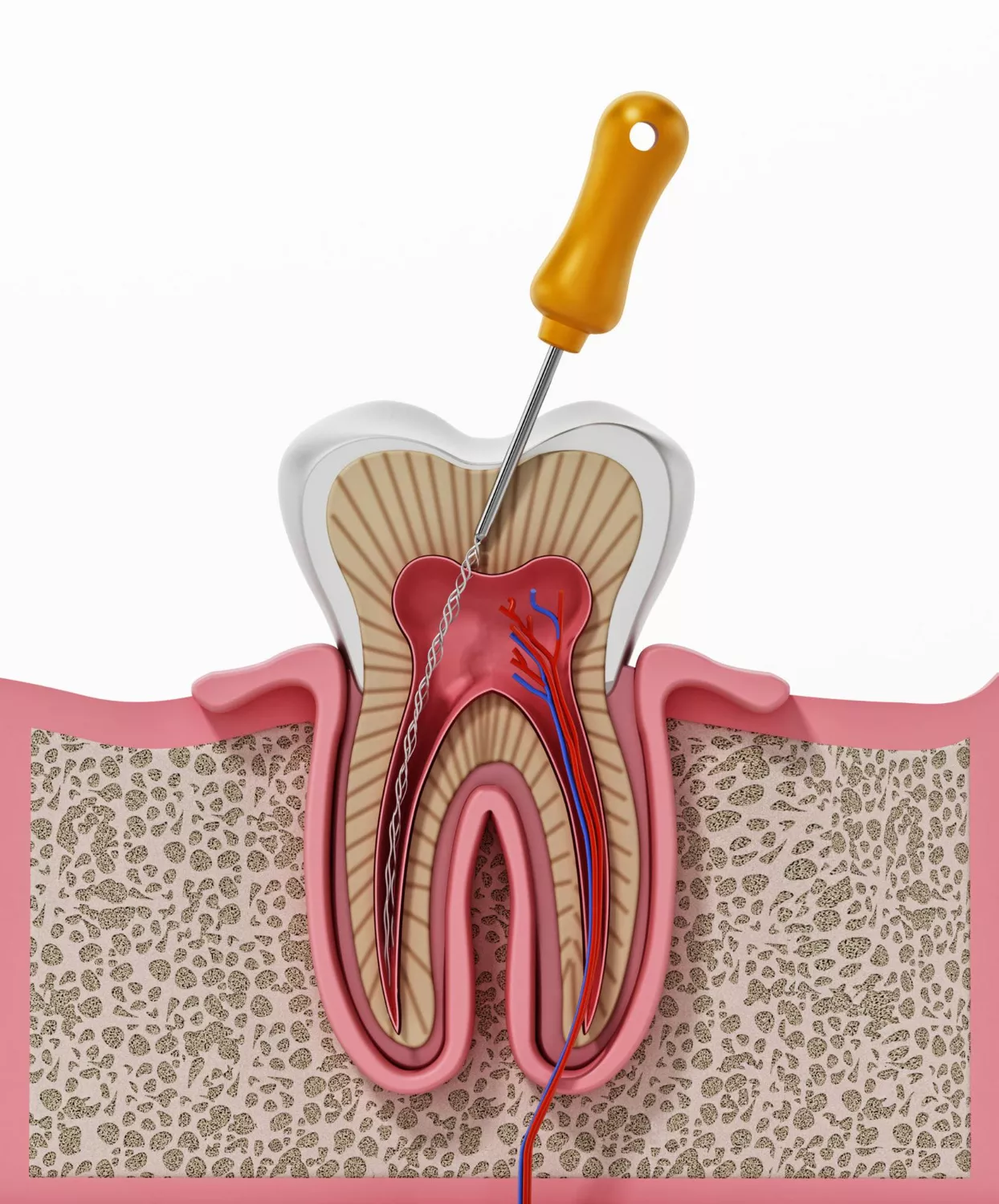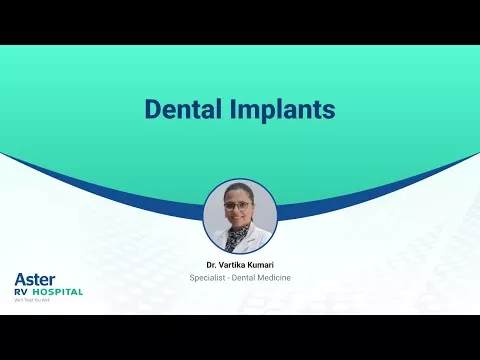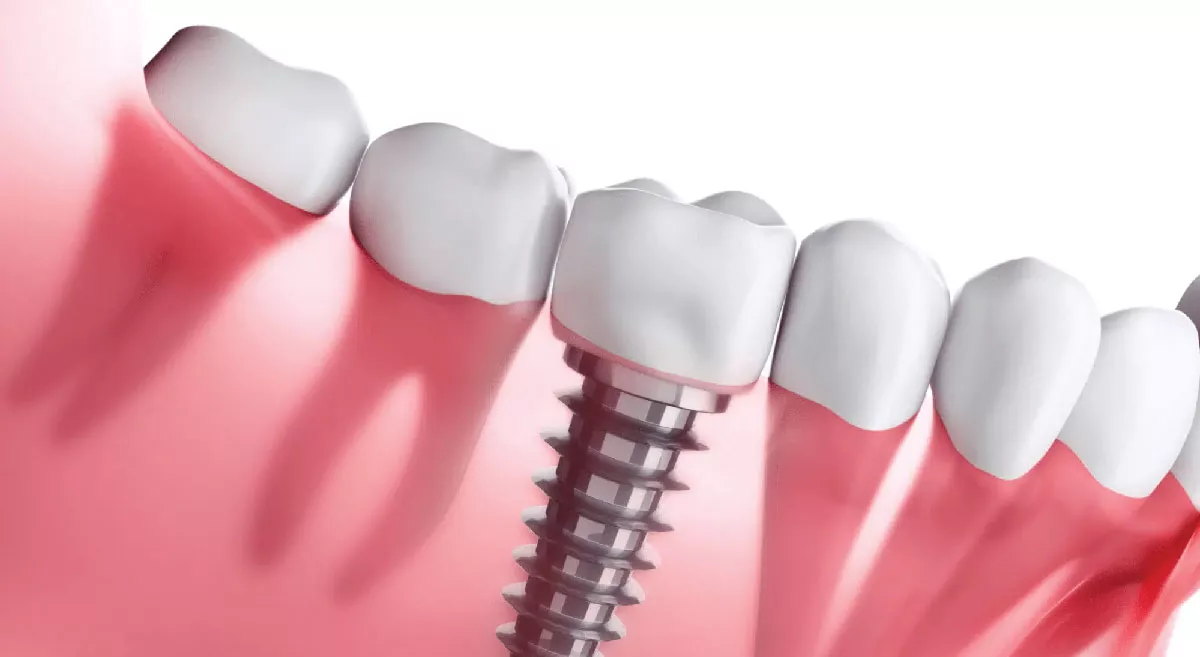Whether its your baby’s first tooth or a root canal treatment, our experts provide timely and affordable dental care for every member of your family. Our specialists use the best available techniques in a most soothing atmosphere to treat some of the most common to the most complex dental conditions ranging from root canals to wisdom tooth removal, from cavity treatment to the alignment of teeth with braces, as well as dental implants, veneers and crowns.In fact, we go a step ahead to provide dental packages for corporates offering comprehensive and holistic healing for employees.
Our Doctors
We have some of the best specialists from around the world, they bring years of experience and offer evidence-based treatment to ensure the best care for you.
Advanced Technology & Facilities
Well equipped with the latest medical equipment, modern technology & infrastructure, Aster Hospital is one of the best hospitals in India.
From diagnostics and treatment to superior quality images and streamlined work processes, digital imaging incorporates effectiveness with each communication. We build case acceptance with better patient training that originates from improved imaging, and see our practice develop in wellbeing. With digital imaging, you don’t just appreciate the advantages of prompt radiographs; you're additionally getting a clearer picture that prompts complete analysis. Additionally, it's a chance to build persistent security by decreasing radiation exposure by up to 80 percent when contrasted with conventional film-based frameworks
Sleep dentistry is regularly utilized as an agent for anti-anxiety to help keep dental patients quiet amid dental visits, and is habitually utilized in local anesthetics. Rest dentistry can help you: -
- Relax and quiet your nerves
- Feel somewhat more alright with the dental system
- Avoid anxiety as you experience long hours of surgery
- Control a terrible gag reflex
The objective of sleep dentistry is to reduce pain and inconvenience amid dental treatment. In any case, not at all like deep sedation, where dental practitioners utilize general anesthesia, sleep dentistry empowers you to react to discourse or touch, so you can convey any uneasiness to your sedation dentist
Smile design incorporates groups of family dental practitioners and children’s dental specialists to give dentistry to young patients. Each of our family and pediatric dental specialists has warm, agreeable identities that help your stay agreeable through methods like: -
- Exams to screen for oral wellbeing and formative state of the bite
- Cleanings, fluoride, and dental sealants to ensure good smiles and prevent decay
- Oral cleanliness direction to guarantee better brushing and flossing propensities
- Sports guards that help anticipate broken teeth
- Braces to fix the misalignment of the teeth
- White fillings that are littler, less intrusive, and mix in with the grin
- Pulpotomies and crowns to reduce or eliminate toothaches and abscesses
Patient Stories
Our patients are our best advocates, hear the inspiring stories of their treatment journey
Blogs
The source of trustworthy health and medical information. Through this section, we provide research-based health information, and all that is happening in Aster Hospital.

